Sometimes it is not easy to recognize just how commonplace negotiation is, and how often we deploy our unique tools for success. Negotiating a solution depends on proficiency in getting ideas from one mind into another, especially when the stakes are high and time short.
Money on the Line and Time Short
Early in my career as a chemist, I helped support manufacturing operations for our business’ products. Operations ran continuously: 24 hours a day, 7 days a week. The timing of plant activities set the pace for all support: whether 3 p.m. or 3 a.m., the plant got the attention it needed.
Once, the plant was having a particularly troublesome production run of an existing product. A critical filtration step was causing problems, resulting in a contaminated product, and as such, millions of dollars of equipment and revenue were on the line.
I immediately flew to the plant with our group’s senior engineer. Upon our evening arrival, we consulted with the plant staff, dissecting earlier production runs, and generated quick actions. Everyone came up with something different. Indeed, as an engineer and chemist, we also had other ideas about the real problem.
Most actions were simple, one-off solutions: easy to try, low risk. But the problems persisted. By midnight, the process was still not working, and the problem was getting worse. By 1 a.m., the equipment had plugged up like an overused coffee filter. In 6 hours, management would demand an update.
Telepathy Doesn’t Work
The need to understand and confirm another’s thoughts gives us an initial reason to interact, to converse. We think something, then transmit our idea with speech, hoping another hears the sound and understands the thought.
We also want to know if others think as we do, whether they see the physical and social environment the same. We negotiate group decisions for action in the search for the best solutions. We work out trust in each other for accomplishing the joint objectives.
Critical, Not Disparaging
Figuring out how to reach a common objective requires a purposeful evaluation of the alternatives. Any robust assessment of the facts and potential solutions requires methodology, something systematic. Critical thinking is the broad description of those rational group processes.
These methods often have a sequence of steps and inevitably have a place for group validation. Although employed by both individuals and groups, critical thinking only achieves its purpose when a group considers and tests the ideas. There is no shortcut for the critical evaluation of solutions.
So Common We Overlook It Everyday
Intentional verification of an idea by others is vastly superior to self-evaluation. Dynamic conversation conveys ideas far better than the bare words themselves. Discussions are two-way searches for a shared understanding and the most suitable solutions.
Dialogue is the time-tested tool for decision-making; discussion its implementation. Dialogue evaluates potential answers in the ideas and the solutions. We all possess the skill of dialogue, our innate tool for problem-solving, one which is a critical tool of negotiation.
-- --- ·-· ··· · -·-· --- -·· ·
At 1 a.m., it was easy to find a conference room for our urgent discussions. We considered every cause and effect scenario imaginable. We discussed alternatives, probabilities, and risks. We listened to each other’s ideas, providing constructive criticism, giving and taking.
By 4 a.m., we had a possible solution: unusual, untried, and thus risky. To let the idea ruminate, we took a quick nap, showered, and snacked. When the day shift staff arrived ahead of management, we presented our concept to their fresh set of minds. Not everyone agreed, but they were open with both the good and the bad.
We cleared the plugged filter: minimal downtime, no equipment loss, and production restarted. Ideas are always better after a discussion.
Negotiators Build Solutions with Dialogue
A discussion is an engagement in negotiation; the way people work through various possibilities. Negotiations achieve success by discovering solutions that are better than the alternatives. Individuals have good ideas, but groups discuss the most successful ones. Dialogue drives and delivers results.
Nothing like high stakes and no time to find a solution! https://youtu.be/ry55--J4_VQ

